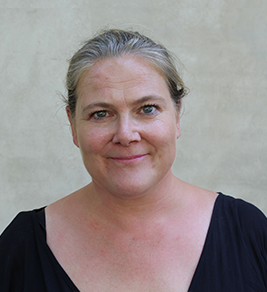Anna is no longer working at Nordregio. For contact or more information please contact nordregio@nordregio.org
Specialized in coastal areas, rural and urban, Arctic, international affairs, societal and occupational changes across sectors such as tourism, primary industries (fisheries and agriculture), mega industries and creative industries. Interested in gender, youth, labor market, cultural and mobility aspects of geography, planning and spatial development.
Academic Qualifications
PhD in Social Sciences, Department of Environmental, Social and Spatial change, Roskilde University, Roskilde
MsC in Social Sciences, Department of Geography and Department of Public Administration, Roskilde University, Roskilde
Languages
Icelandic
Danish
English
Swedish
Norwegian
Prior Positions
2012- Head of SENS’ (School of Engineering and Natural Sciences) Environmental Committee, University of Iceland
2010-2011 Chair of the Research Centre for Geography and Tourism studies and Program Director for geography and Tourism studies, University of Iceland
2008 Guest researcher, University of Campinas, Sao Paulo State, Brazil – and also Roskilde University, Department of Spatial and environmental planning
2005 Guest researcher during sabbatical Memorial University of Newfoundland, Canada
2002-present Assistant professor, Geography and Tourism studies, University of Iceland
2000-2003 Assistant professor, Icelandic Agricultural University, Hvanneyri, study program developer – Environmental Planning1998 PhD Exchange University of Guelph, Canada.
